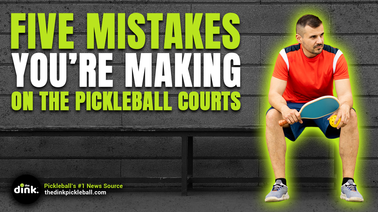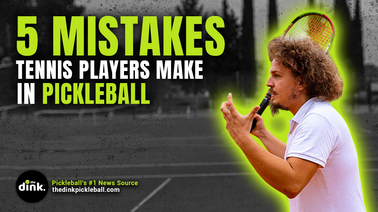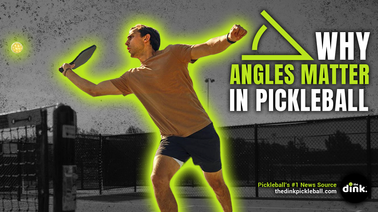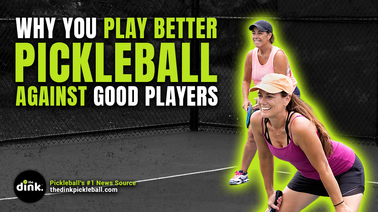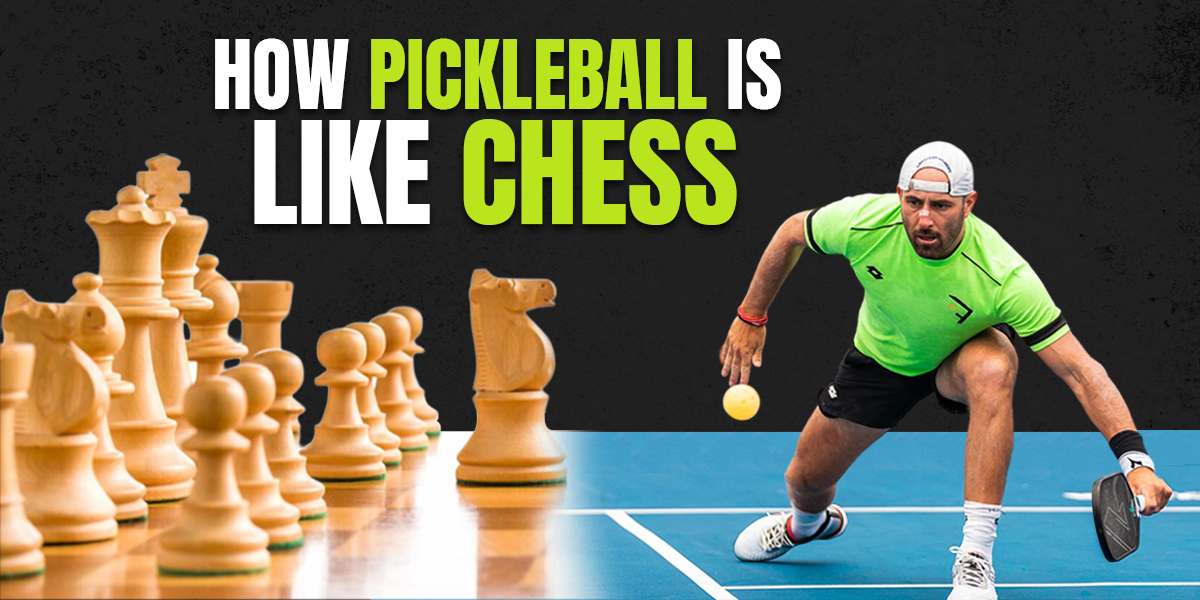
"Pickleball is like chess."
This has become a go-to saying among pickleball enthusiasts hoping to add some credibility and mystique to a game that can sometimes appear to be moving in slow motion. But just because the statement is a bit highfalutin doesn't mean it isn't true.
In many ways, pickleball is like chess. And, in some ways, it's not.
Grab your latest edition of Chess Weekly with one hand and your favorite pickleball paddle with the other, and let's dive into the similarities and differences between chess and pickleball.
How chess and pickleball are alike
To the uninitiated, pickleball can seem like it’s just people hunched over, repeatedly bouncing a Wiffle ball over a small net with weird ping pong paddles. Meanwhile, chess features two people hunched over slowly moving pieces of wood or plastic from one end of a board to another.
While those people aren't wrong, true pickleball and chess players know that there is a whole lot more going on under the surface.
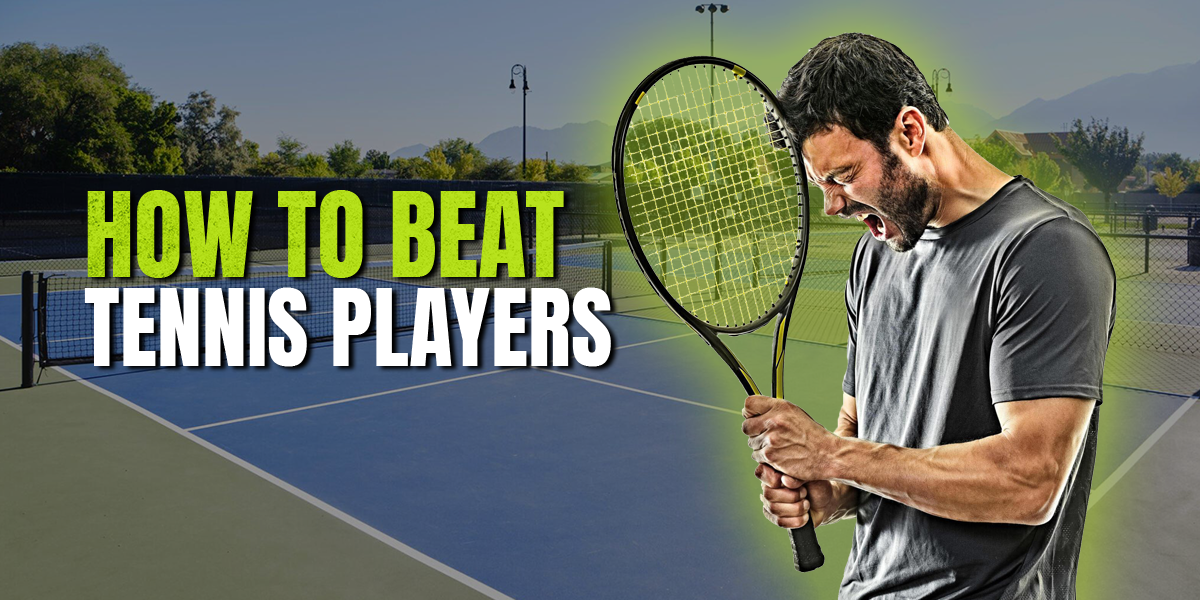
There's a strategy with every move
Chess grandmasters can think 15-20 moves ahead of their opponents. This level of thought and precognition allows them to make moves quickly and recognize whether or not their moves are leading them to victory. Making a move that forces your opponent into another move is called a strategy.
Just like chess, strategy moves happen all the time in pickleball. Just consider a popular shot in doubles pickleball: the drop.
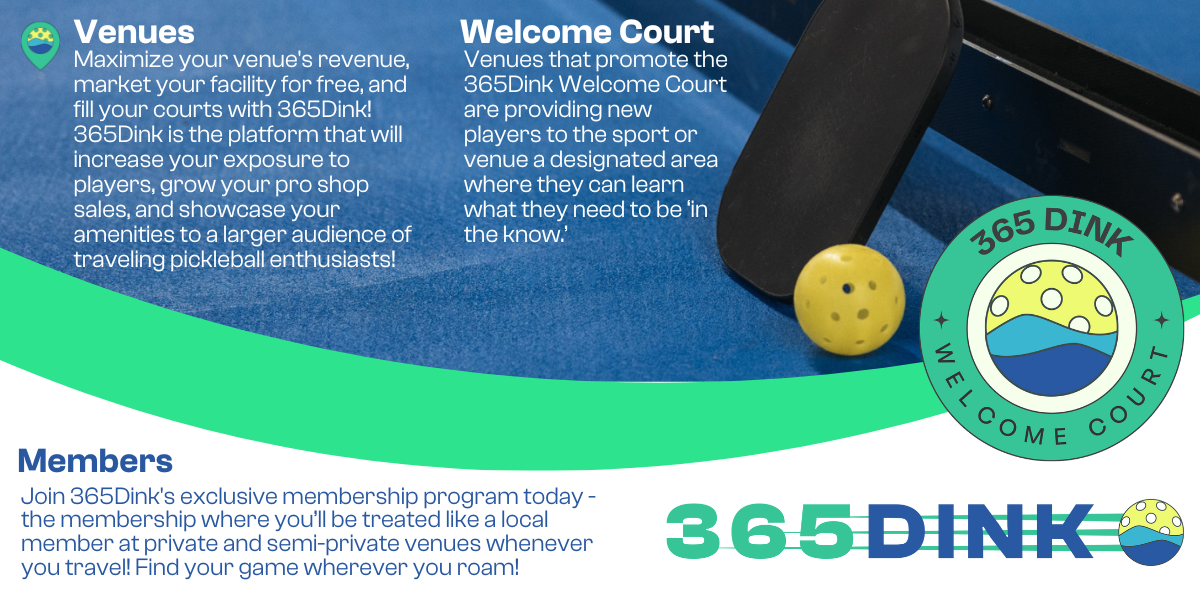
Since the serving team starts at a disadvantage on every point, a strategy they can deploy is to hit a drop shot into their opponent’s kitchen. If successful, they can move up to the non-volley zone line and take the advantage away from their opponents.
Another strategy might be to drive the ball on the third shot instead, taking advantage of a weaker opponent who can’t handle drives.
Chess and pickleball have "openings"
The Sicilian Defense, King's Gambit, or the Ruy López are famous chess openings, each with its intricacies and objectives. Similarly, pickleball has openings that include the serve, return of serve, and third-shot drops or drives.
How you perform your opening can force your opponent into different outcomes. Ideally, a good opening gives you an easier path to winning the rally.
For example, if one of your opponents likes to crash the net during their team's third shot, one opening you might deploy is to hit the return of serve toward that opponent. Now, instead of being free to roam up to the kitchen line and poach, they are stuck back at the baseline.
This can give your team an edge early in the point and force your opponent to come up with a new strategy if their go-to move is a shake-and-bake.
Another pickleball opening is choosing whether to hit a third-shot drop or a combination “third-shot drive, fifth-shot drop” to get your team up to the kitchen line.
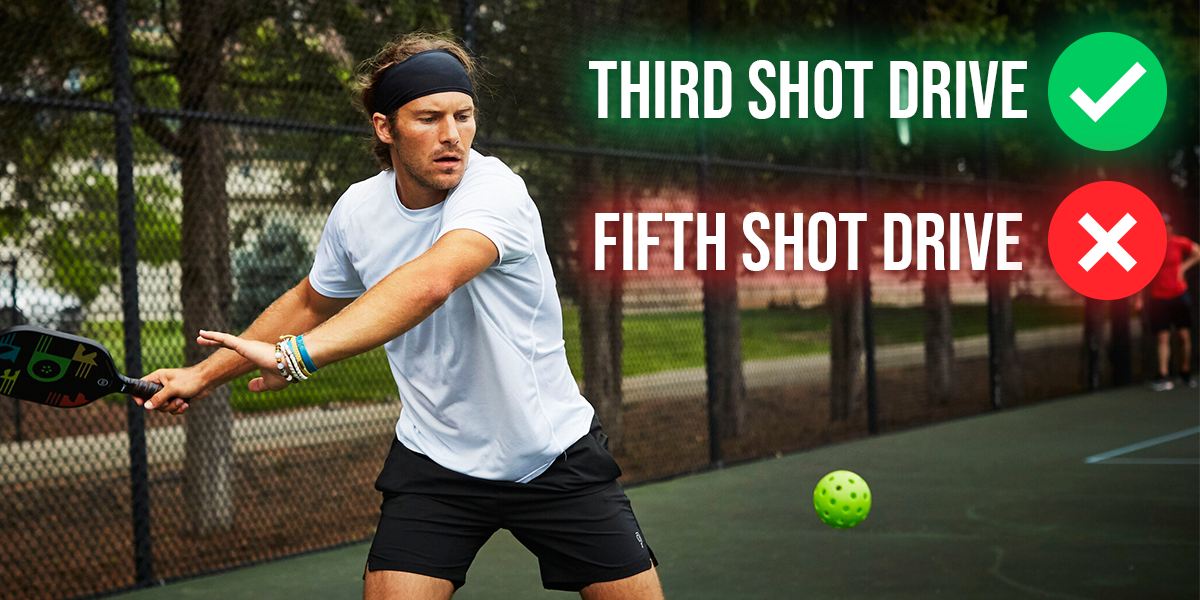
Experience is everything
Prodigies exist in every sport or discipline. Some people just seem to get it without putting in much effort. For everyone else, getting great at something (whether chess or pickleball or whatever) is about gaining experience.
Experience matters because our brains work in a certain way when we are in high-stress situations. Early on, that stress turns into anxiety, and our natural tendency is to release that anxiety in any way we can. Often, this means making a wrong chess move or executing a terrible pickleball shot.
Over time, when you are in those situations again, your brain (mainly on a subconscious level) remembers how you performed, and it will either cause you to do the same thing (if it was a positive outcome) or differently (if it was a negative one).
In chess and pickleball, you will face the same situations repeatedly. So, if you want to improve, you must train your brain (and your body) to react in certain ways.
It’s no coincidence that the two top pickleball pros (Ben Johns and Anna Leigh Waters) have been playing pickleball since they were young, and these newer players (like the tennis pros) have less-than-favorable results so far.
The best pickleball players have trained for pickleball-specific situations again and again. New pickleball players haven’t yet – so they make more mistakes.
Differences between pickleball and chess
Besides the obvious difference – pickleball is played while moving, and chess is played while sitting – there are a few other distinctions worth mentioning.
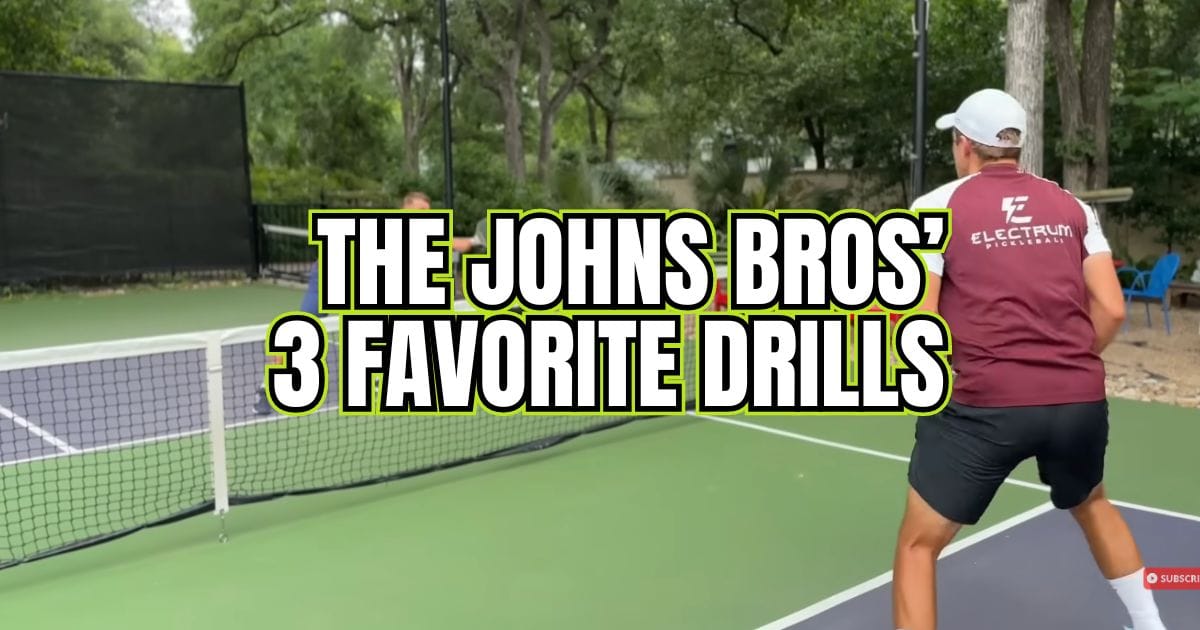
Time to think
Unless you're playing speed chess or against a very impatient person, you can sit and think for a long time between moves.
In pickleball, you have a second (or even half a second) before you must act. This underscores the importance of pickleball drilling and gaining as many reps as possible to help you make better choices.
Lower skill levels think less
The 2.5s, 3.0s, or even 3.5s at your local rec game likely don't put much thought into their pickleball strategy. If they're a banger, they just hit the ball as hard as they can every time. And if someone is not highly skilled in chess, they can't think but a few moves ahead.
The difference is that a lower skill level in pickleball can beat a higher-skilled player, at least occasionally. In chess, it's more unlikely that a lower-skilled player will ever defeat a higher-skilled one.
Stress relieving vs. stress inducing
Playing pickleball is a physical activity that raises endorphins and relieves stress. Chess is the opposite. You sit there with terrible posture, looking tense, and having weird conversations in your head about whether it's called a rook or an ashtray.
So, is pickleball really like chess? I don't know. But I do know that pickleball is way more fun. And you should do things that are more fun because, unlike this article, life is short.
|




